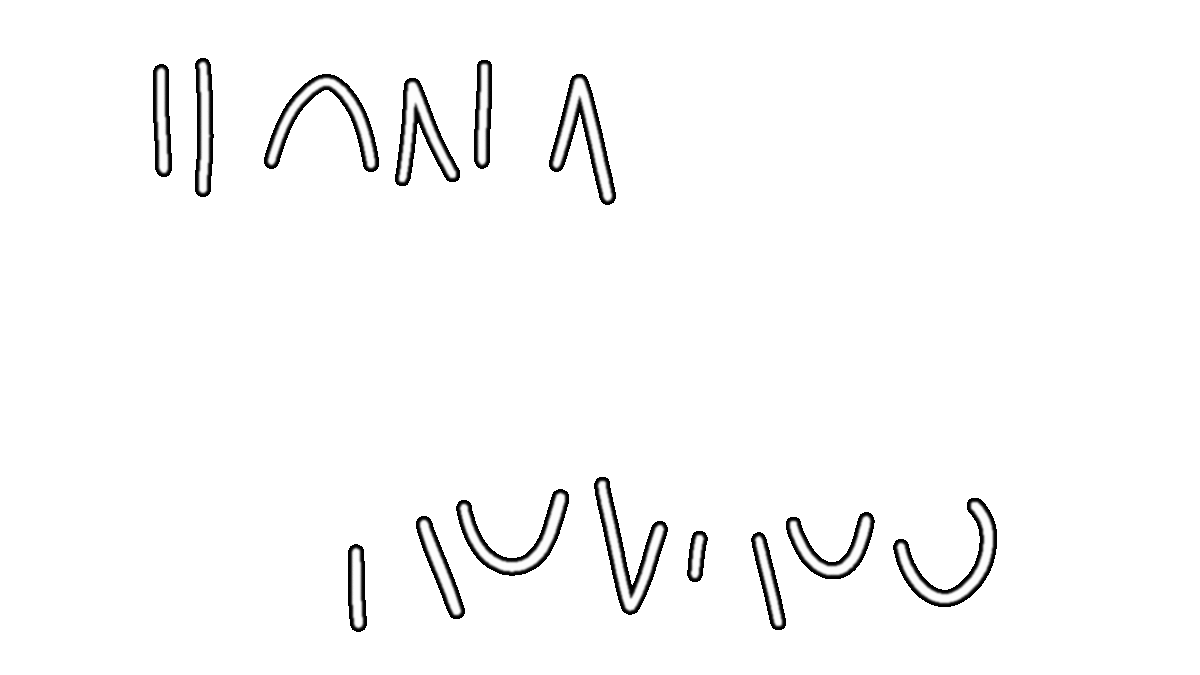

Ilona Kovacs
Professor Noah Travis Phillips
Internet Art Cultures
April 13th, 2021
Exploratory Writing 3A
The way Zeynep Tufekci talks about the use of the internet for connectivity and communication on a scale where it is life or death brings light to the idea of censorship within the surveillance capitalism that consumes our economy. Even in the United States, TikTok started taking heat because of how much it can expose about what is not shown on our televisions or shared by the news corporations. The people turn to trust these softwares which are meant to scrape their data in order to maintain a seemingly uncensored connection with others.
The idea of secrets being passed down the streets on cell phones is insane, but because we are unable to understand where information is always coming from the people are trapped in this world where they are told not to trust everything they read or see on the internet, but you CAN trust everything on TV or from specific sources or whatever have you. Who decides who to trust, and why? If a friend said their house burned down and posted a photo, but the news was ignoring the coverage, it would feel obvious who was telling the truth, but only so much can be public knowledge to so many people. So yes, the abilities for connectivity are there, they just must be used safely.
I suppose I have been to ignorant in considering why some of the access that the public has exists at all. Nothing is ever free, and I think it is sometimes hard to realize that in short term situations and especially in situations where they try to hide things from you, such as the Google nest requiring over 1,000 terms and agreement forms to understand what all you are actually signing off on when purchasing and setting up the device. It seems scary, and like we should have known better, but the system of surveillance capitalism is set up to fool public users every time. The economy is incredibly fluid with our data.
Something that really stood out to me is this idea that data can come from anywhere and businesses are trying desperately to collect as much as they can to then sell it. We feel the need to fear customized ads or the face recognition features on our cell phones because those feel a little more obvious, but next time you get into your car, Big Data knows more about you than you do. I feel like I've always known this, but so far what we see on the surface of businesses access to our personal data is better personal convenience and suggestions. Big Data is strategic to not scare us away from our products that scrape our data because its an entire loop of us using what they have collected about us.
It feels communal, but so much of it is done in the shadows after hiding it in agreements. What would Big Data look like if they straight up just asked for our data instead of being sneaky about it? Would people give it out freely because they know what they are agreeing too and after knowing it was already happening anyways? I feel like this connects to Apple starting to ask if we want our personalized targeted ads... like, yes I want ads for things I would buy. It sounds very negative and boring to turn off that feature, and maybe Big Data would discover that attitude among a lot of scraping if it was not so sleazy.